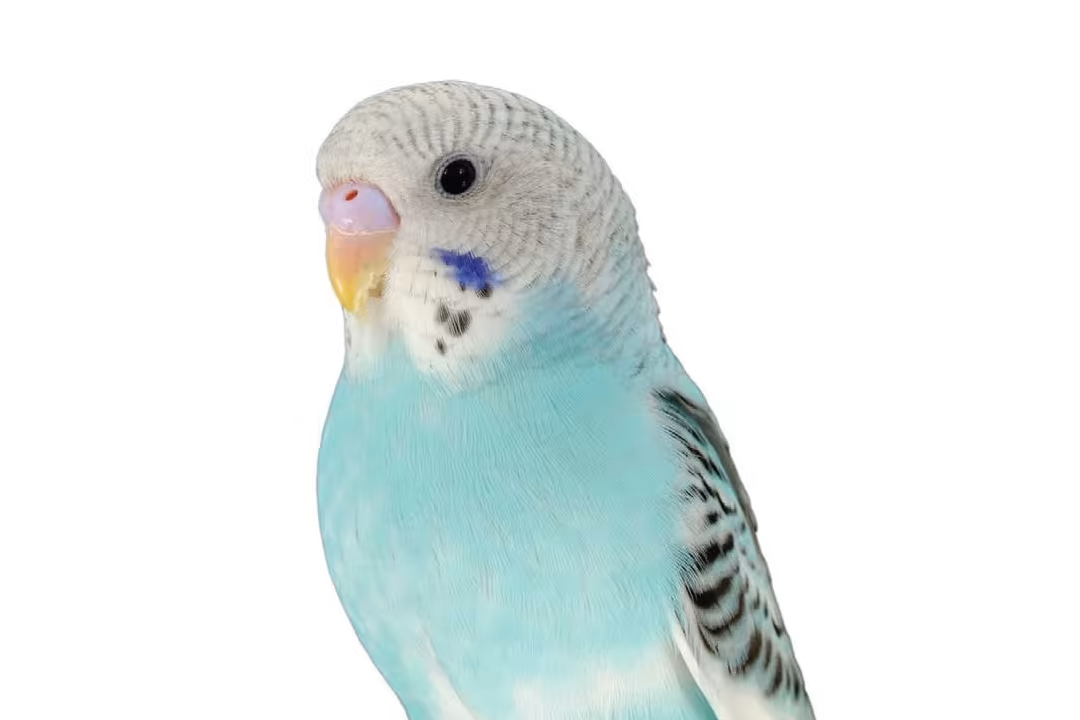Pulse of Information
Your source for the latest insights and updates.
Feathered Friends and Furry Foes: A Rivalry in Bird Care
Discover the surprising rivalry between birds and other pets! Uncover expert tips for caring for your feathered friends in this engaging blog.
Understanding Bird Care: Common Misconceptions and Truths
When it comes to bird care, many pet owners harbor common misconceptions that can lead to poor health and unhappy birds. One prevalent myth is that birds do not require much social interaction due to their independent nature. In reality, birds are highly social creatures that thrive on companionship, whether it's from humans or other birds. Social interaction is crucial for their well-being, so it's essential to spend quality time with your feathered friend daily.
Another misconception is that birds can be fed a diet consisting solely of seeds. While seeds are a part of their diet, they should not be the only source of nutrition. A balanced diet including fresh fruits, vegetables, and specially formulated pellets is vital for maintaining their health. A proper diet ensures that your bird receives all the necessary nutrients to avoid common health issues, such as obesity and nutritional deficiencies. Remember, understanding these truths about bird care can lead to a healthier and happier pet.

Top 5 Furry Foes: How Pets Impact Bird Health
When it comes to the delicate balance of our homes, the presence of furry companions can create challenges for our avian friends. Pets, such as cats and dogs, tend to have a predatory instinct that can impact bird health. For instance, cats are known for their stealth and ability to stalk their feathered prey, potentially leading to stress or even injury to pet birds. It is essential for pet owners to be aware of these dynamics and take precautions to create a safe environment for both pets and birds.
Here are the top 5 furry foes that might negatively influence the health of your avian family members:
- Cats - As natural hunters, they pose the greatest threat to birds.
- Dogs - Their playful nature can cause stress or accidents when interacting with smaller birds.
- Ferrets - Known for their agility, they can be quite predatory towards small birds.
- Rabbits - Though generally harmless, their curious nature can inadvertently harm birds.
- Guinea Pigs - While not predatory, their presence can be stressful for some birds.
Understanding these interactions is crucial for ensuring the mental and physical well-being of our cherished avian companions.
Can Birds and Cats Coexist? Exploring the Bird-Pet Rivalry
The question of whether birds and cats can coexist is one that many pet owners grapple with. Both pets have their unique behaviors and needs. While cats are instinctive hunters, often viewing birds as prey, many bird species display remarkable intelligence and adaptability. To foster a harmonious environment for both, it is crucial to understand their natural instincts. For example, providing safe and secure spaces for birds, such as aviaries or high perches, can minimize the risks posed by a curious feline. Additionally, training your cat to respect the birds can help reduce potential conflicts.
Moreover, creating separate territories within the living space can play a significant role in ensuring peace between these two pets. Enclosures for birds should not only prevent access by cats but also allow for interaction in controlled settings. For those who are determined to have both birds and cats, implementing strategies like supervision during their interactions and utilizing barriers can enhance safety and reduce stress. Ultimately, understanding the innate behaviors of both animals is essential to answer the question: can birds and cats truly coexist?